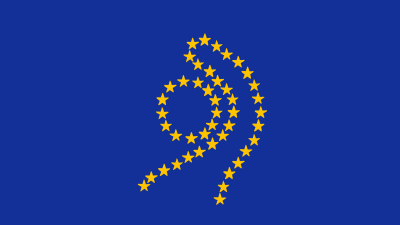
On May 1, 2004, a historic moment unfolded as ten countries—Cyprus, Czech Republic, Estonia, Hungary, Latvia, Lithuania, Malta, Poland, Slovakia, and Slovenia—joined the European Union. This was the largest enlargement in the EU’s history.
The ETUC welcomed EU enlargement as a historic and unmissable opportunity to bring together the peoples of Europe around the fundamental values of democracy, peace and freedom and social progress.
In the 20 years since then, workers and their unions have worked together to improve pay and conditions by entering into ever-closer collaboration and coordination between unions in East, West, Central and all parts of Europe. This is true for unions working within the same transnational corporations, but also at sector and cross-sector level.
Through their joint work, trade unions have also worked tirelessly to ensure that EU membership meant improvements for working people. Workers gained access to enforceable rights, including on safer working conditions, protection against discrimination and, more recently, support for collective bargaining to win better wages. Opportunities for establishing and improving social safety nets, such as unemployment benefits, healthcare, and parental leave have also been seized.
Building the collective trade union power that is essential for ensuring success for workers, their families and communities continues to be the focus of the European trade union movement.
Freedom of movement for workers is one of the internal markets four fundamental freedoms and by joining forces, workers and their trade unions continue to mobilise to stamp out abuses and exploitation of mobile and posted workers by ensuring equal pay and equal treatment for workers no matter where they are from.
But more attention and work by the EU institutions is needed to ensure upwards social and wage convergence, and to prevent unscrupulous employers from exploiting gaps in protection for workers, including in cross-border situations and long subcontracting chains.
With the upcoming EU elections and the Council Presidency going to a number of the countries that joined the European Union in 2004, the ETUC and trade unions from across Europe are set to continue to play a decisive role in shaping an EU that delivers for working people.
Yours sincerely,
Esther Lynch
General Secretary of the European Trade Union Confederation
